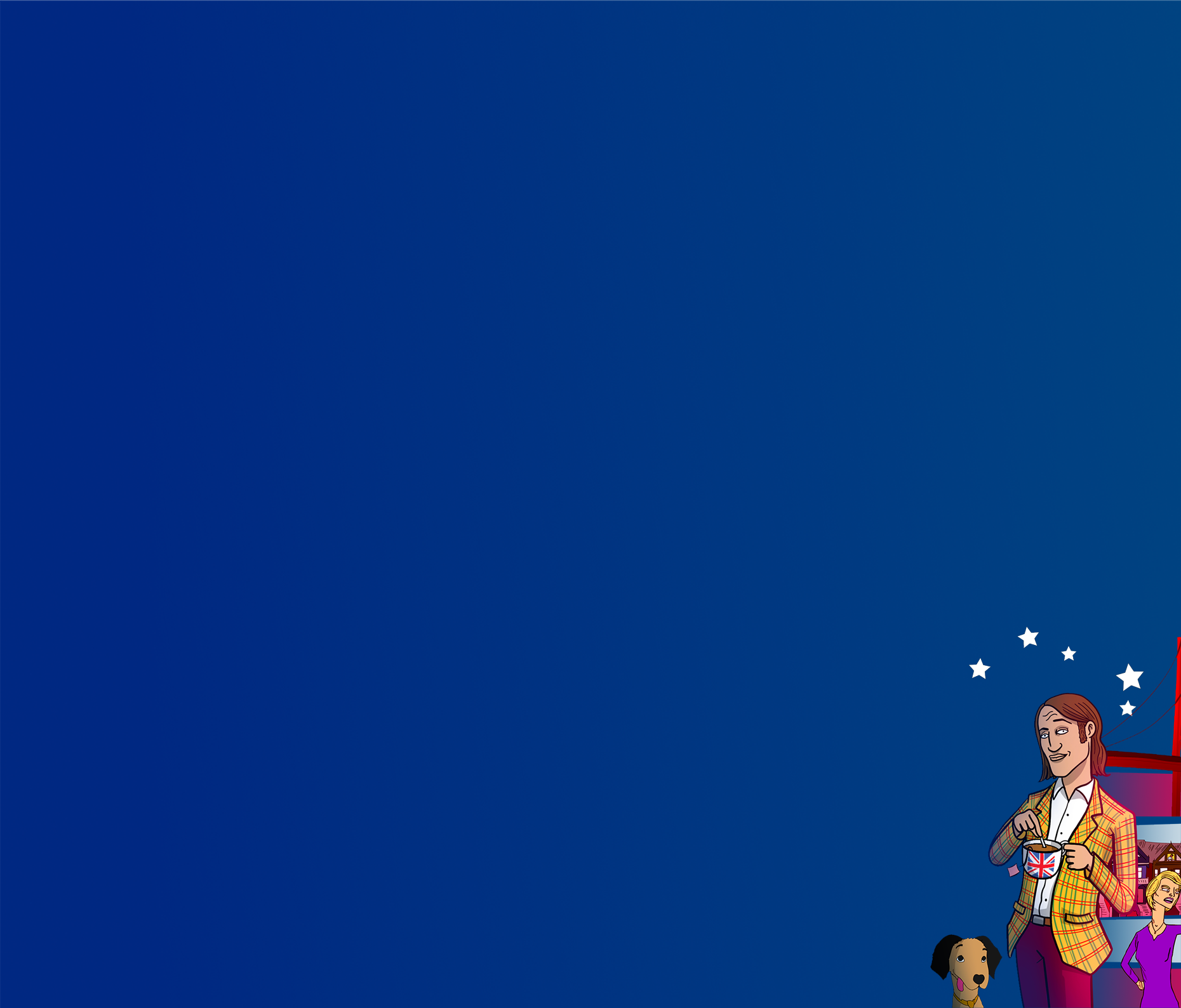Use of definite and indefinite articles
English words can be preceded by a definite or indefinite article (no gender distinction exists).
The definite article in English is the:
The definite article in English is the:
| with countable nouns: | with uncountable nouns: |
| the dog | the sugar (referring to some specific sugar) |
| the flowers | the information (referring to a specific piece of information) |
With people and nationalities:
the British, the British people people from Britain
the British, the British people people from Britain
Note: the definite article the is NOT used in the following cases:
• Uncountable nouns expressing generalities:
Materials: wood, glass, ironColors: pink, black, brown
Food: flour, butter, sugar
Human activities: surfing, soccer, war
Languages: Italian, Russian
Abstract nouns: love, freedom
Days of the week: Fridays, Sundays
• Names of countries:
Thailand, Spain, Peru, LuxembourgBUT: The United States, The West Indies...
• Names of people holding titles:
Queen Mary Doctor Jekyll
President Eisenhower
Indefinite articles for singular nouns in English are a/an. As a general rule, an precedes words starting with a vowel sound and a precedes those starting with a consonant sound:
| an anteater | a harp |
| an ice cream cone | a rhinoceros |
Note that words starting with an audible 'h', like 'history' or 'happy' take the 'article 'a'.
He has a history test in an hour.
Note: the indefinite articles a/an can also be used to replace the number '1':
I have a brother and a sister is more natural than 'I have one brother and one sister'.
Still facing difficulties with 'Use of definite and indefinite articles'? Improve your English with Gymglish's English lessons - try our online English course for free now and receive a free level assessment!
What our users say:
Find out about other grammar rules. Improve your English further and test Gymglish, online English lessons.
Tips for learning 'Use of definite and indefinite articles'? Share them with us!

